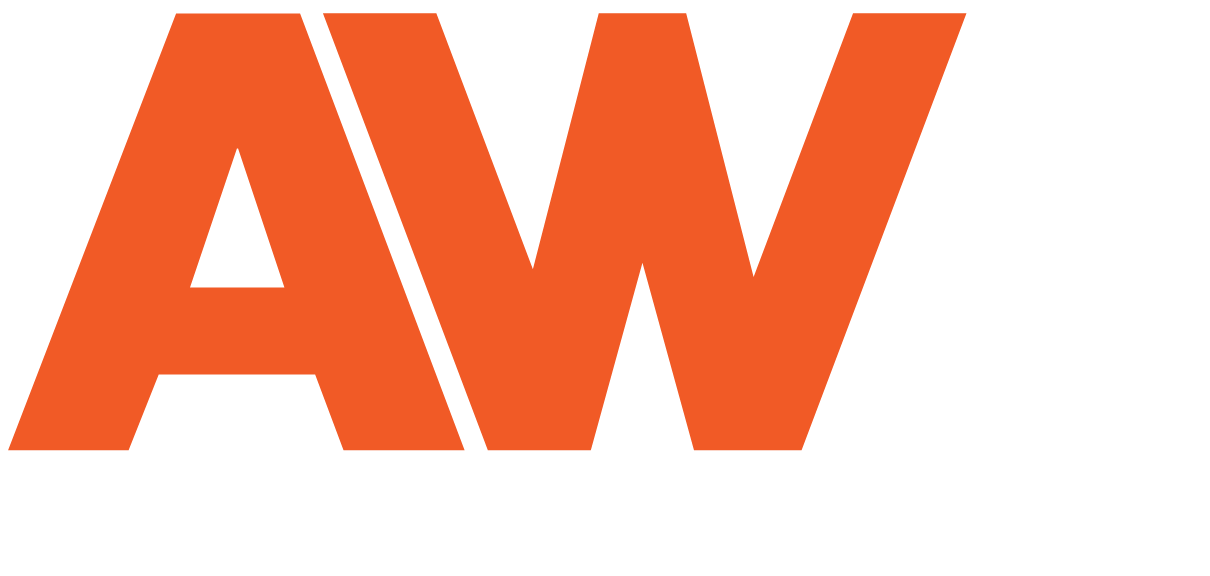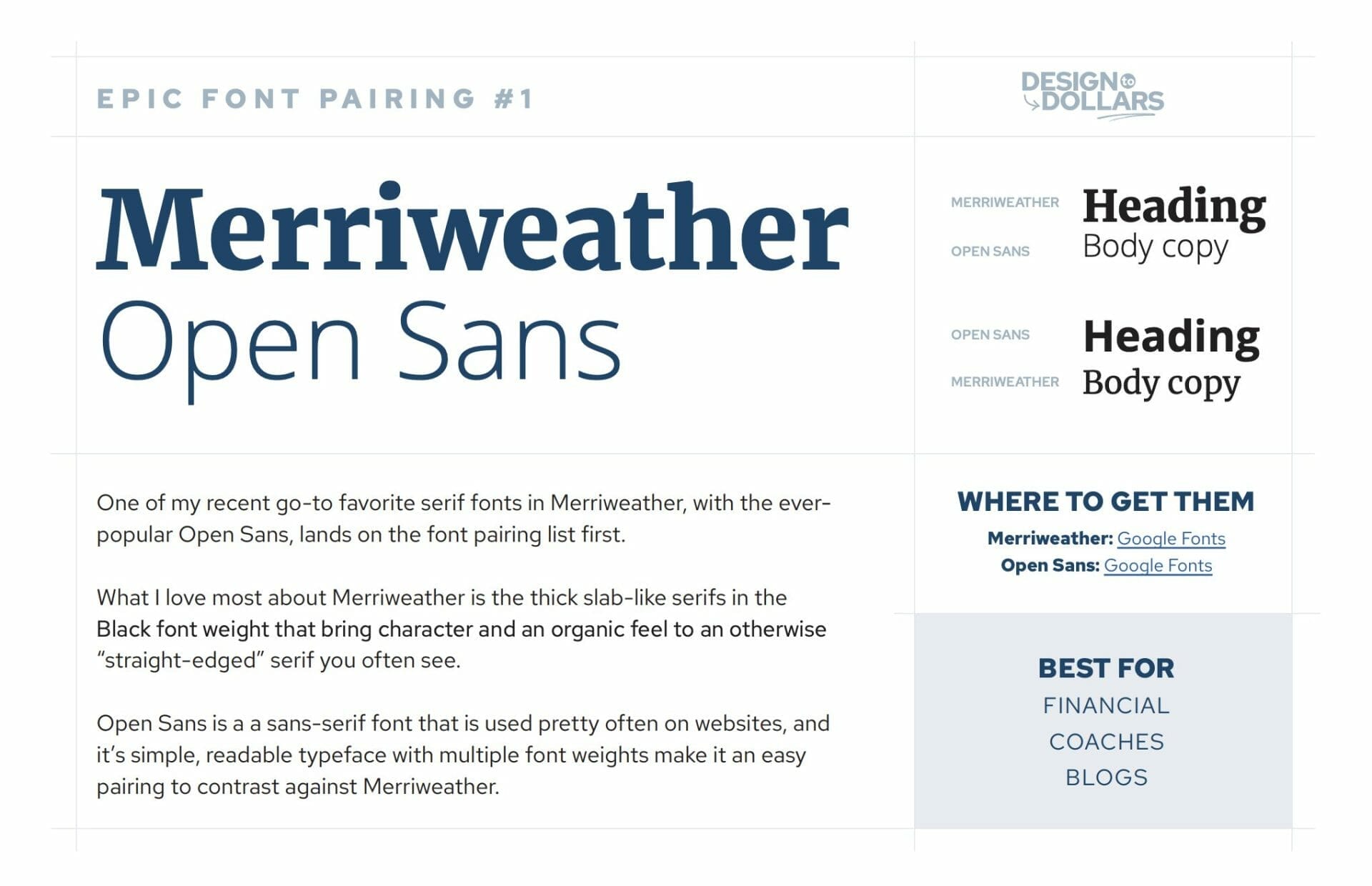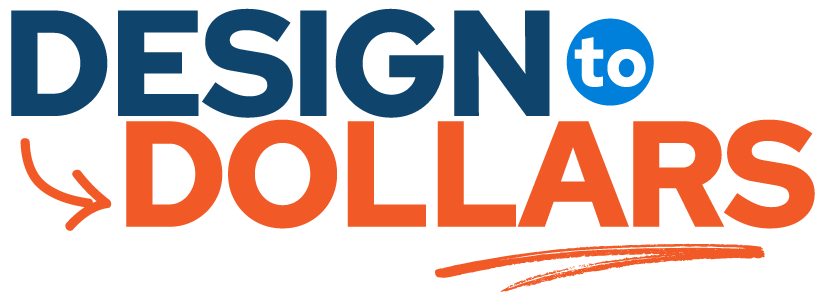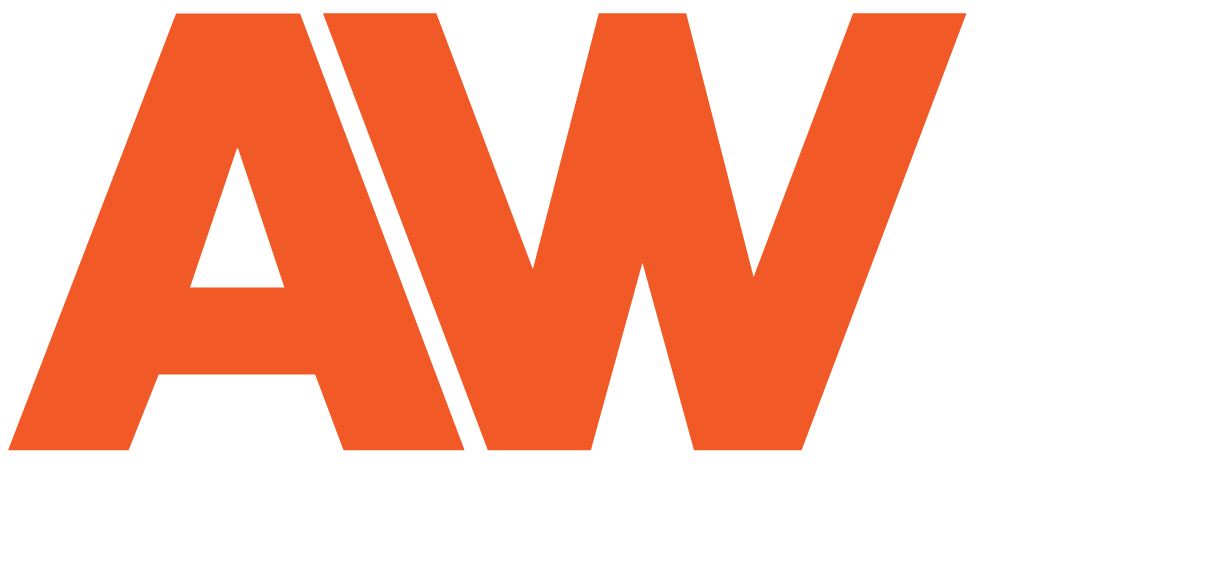It’s 2022, and the availability of web designers and developers worldwide is greater than ever.
However, if you’re in the market for a new website, and you’re on the hunt to hire — there’s many factors you should consider before pulling the trigger.
Like any industry, you can run into designers/developers that go to Google University (aka YouTube) and become self taught overnight, and begin offering services the next day. Because of this, you’ll want to do proper research and vetting of any web designer you’re looking to hire.
Let’s cover a few things you should look for.
1. Reviews & Testimonials
Yes, much like you do when you’re looking for a place to eat, you should always see if the web designer has any reviews. You can check sites like Google, Yelp, LinkedIn, Alignable, or similar to find reviews and testimonials about a particular designer.
With reviews and testimonials from actual clients, you can gauge the credibility of this particular designer — plus, use your best judgement to decide if the reviews are legit.
If you’re unable to find any, then it might be a slight red flag. You’ll want to consider, though, if they are a new designer out of college (for example) that have proper knowledge and expertise, but just not the work experience yet, then it’s possible they don’t have any reviews yet.
But if their website says they have X number of years experience, and have no reviews or testimonials to back it up, then it’s a cause for concern.
2. Portfolio
This might seem like a no-brainer, but you’ll definitely want to check out their past work to determine a few things:
- Do they have any past work to show? It’s important that the web designer has a portfolio of work to showcase their talent and expertise.
- Does their work align with the style you’re looking for? Every designer has their own style, and you’ll want to make sure that the aesthetic of the designer suits you.
- Are any of their websites live and available to view online? If they do have work to show, the websites they’ve designed/developed should be live on the internet for you to check out.
- Can you scroll to the footer of one of their websites and see if there’s a link/credit to them? This is a good method for finding out if it’s truly their work (although, not every designer does it, so it’s not a fool-proof method.)
As mentioned in the first point, a newer designer out of college may not have any real-world examples to show, and this can be OK — but no doubt they should still have a portfolio of school work to present their skills.
On the contrary, if they do not have any past work to show whatsoever, this would be a big issue as you would not be able to have any measuring stick of their skills and knowledge in the field.
3. Size of Company
Now, the final thing to consider when hiring a web designer is finding out how big this business is.
Are they an individual freelancer? A boutique business? Or a large-scale agency?
More times than not, you can recognize this by just visiting their website. Many large agencies have a “Team” page with all of their employees, and a smaller, or individual professional might not.
So why does this matter?
Well, you want to know upfront how many people you’ll really be dealing with. At a larger agency, you can feel like “another number” — with no real personal experience, and constantly talking to someone different.
Plus, more often than not, the size of the company usually dictates the range in fees (i.e. a large company with many employees will be charging more than a solo business owner).
You have to ask yourself — do you want to hire and work with a local, small business? Or a large scale agency with multiple locations across the country?
Determine your budget, what you’re looking for, and what kind of experience you’ll want out of it, and this will help you decide what size of company will suit your needs.
Don’t forget to ask these questions
Say you’ve found a web designer for your new website — great! But you shouldn’t dive right in, yet. Here’s a list of questions you could ask to ensure that this business or individual really knows what they’re talking about and you understand what you’re getting:
- Do you have a process in place, and if so, what is involved?
- What’s the typical turnaround for a new website?
- Do you require a deposit? What’s the payment structure?
- Do you have past work I can see?
- Who will be building my website?
- Does my budget work for what I’m looking for?
These are just the tip of the iceberg, but some of the most important things to ask.
Plus, if there is no onboarding and discovery process for them to find out more about your business, your goals, and what the website should accomplish, you should not be working with them. A website is not just a fun thing to look at — it needs to actually function and serve a purpose.
Best of luck hiring a web designer!
I hope this article has helped you do the basic research and due diligence in finding a legitimate web designer for your new website. The last thing you want is to be scammed out of thousands of dollars, with a website that doesn’t even work.
Here at AWD, we take great pride in our quality of work and superior customer service — so if you’re looking for a new website that delivers, reach out to us.






